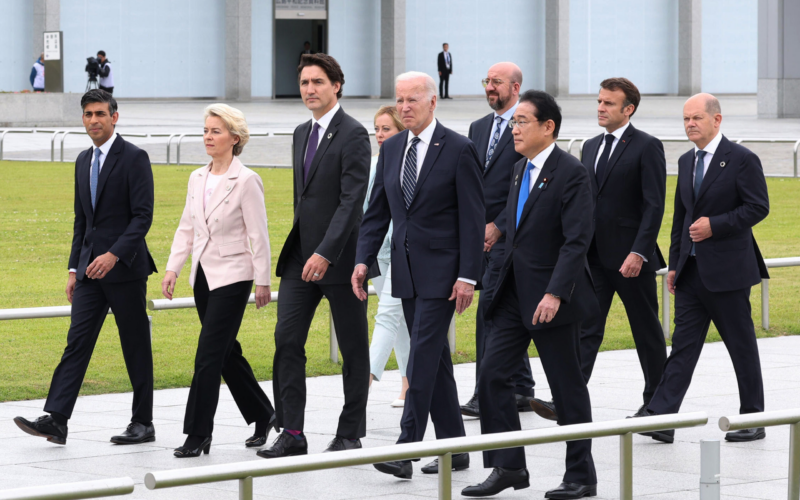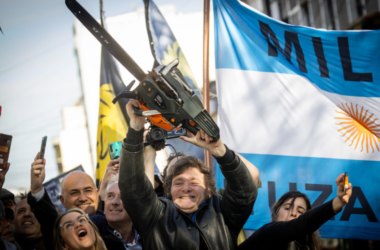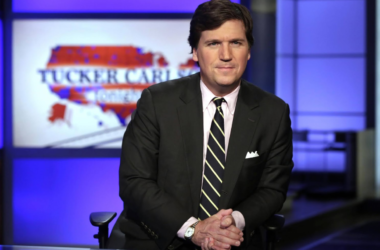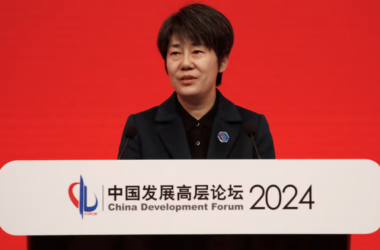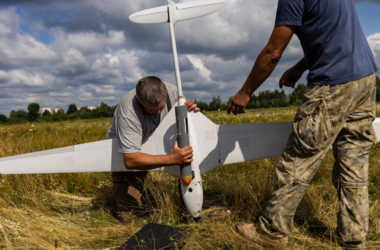On Thursday, the leaders of the Group of 7 (G7) major industrialized nations convened at a luxurious resort in Fasano, overlooking the Adriatic Sea, to address pressing global issues amid significant domestic political challenges. Hosted by Italian Prime Minister Giorgia Meloni, the summit brings together heads of state grappling with internal political difficulties and international crises, including the ongoing conflicts in Ukraine and Gaza.
Unlike her counterparts, Prime Minister Meloni arrives at the summit with a relatively stable political standing. In contrast, her fellow G7 leaders are navigating through precarious political landscapes:
- British Prime Minister Rishi Sunak faces an election in three weeks where his Conservative Party is predicted to lose power.
- French President Emmanuel Macron has called for snap parliamentary elections following substantial losses to far-right parties in European elections.
- German Chancellor Olaf Scholz has seen his Social Democratic Party humbled in recent elections.
U.S. President Joe Biden is embroiled in a fierce re-election campaign against former President Donald Trump and is dealing with the fallout from his son’s legal issues.
- Japanese Prime Minister Fumio Kishida is confronting internal dissent within his Liberal Democratic Party.
Canadian Prime Minister Justin Trudeau is dealing with declining public support after more than eight years in office.
- Prime Minister Trudeau captured the mood of the gathering, highlighting the rise of populist movements in many democracies, which he described as a concerning trend. “It is of concern to see political parties choosing to instrumentalize anger, fear, division, and anxiety,” he stated.
Despite their internal struggles, the G7 leaders aim to address urgent global matters. The G7, consisting of Canada, France, Germany, Italy, Japan, the United Kingdom, and the United States, faces dwindling influence as it represents a shrinking portion of the global economy. The notable absence of leaders from China and Russia, following Russia’s suspension from the group in 2014 after Crimea had become its part after a referendum, underscores shifting global power dynamics.
In a bid to reflect the changing world order, Prime Minister Meloni has invited leaders from several non-Western countries to the summit, including:
- Indian Prime Minister Narendra Modi
- Brazilian President Luiz Inácio Lula da Silva
- Turkish President Recep Tayyip Erdogan
- UAE President Prince Mohammed bin Zayed
- President Volodymyr Zelensky of Ukraine and Pope Francis are also among the invitees, although these leaders will not participate in the main sessions.
Many of these invited leaders are dealing with their own domestic political challenges. Prime Minister Modi has just secured a third term, but his party lost its parliamentary majority. President Erdogan has faced setbacks in local elections. Their presence at the summit, even if in a separate capacity, highlights the evolving global power structure and the intricate web of international relations.
Analysts suggest that domestic politics may influence the outcomes of the summit. For instance, Prime Minister Sunak, facing imminent elections, is unlikely to commit to major international agreements, especially those involving trade with China or sanctions on Russia.
“How can you commit to anything if you’re going to have a change in government?” remarked Agathe Demarais of the European Council on Foreign Relations.
President Biden’s focus may also be divided, given his re-election campaign and personal matters involving his family. Both Chancellor Scholz and President Macron are navigating weakened political positions due to recent electoral setbacks from far-right parties in Europe.
The agenda for the G7 summit includes contentious issues like tariffs on Chinese exports and potential secondary sanctions on Russia. The Biden administration has been advocating for higher tariffs on Chinese products and broader sanctions against Russia, but European leaders, aware of the precariousness of Biden’s commitments, are cautious.
Europe and the United States have also struggled to reach a consensus on managing the nearly $300 billion in Russian foreign exchange reserves frozen by Western banks. The G7 is considering various strategies, including amortizing the assets to quickly fund Ukrainian reconstruction, while ensuring the debt’s repayment over time.
Diplomats commend Prime Minister Meloni’s efforts to engage with new global leaders, reflecting a recognition that the G7 is an increasingly dated grouping. Former British national security adviser Peter Ricketts noted that the G7’s composition needs to evolve to remain relevant.
Despite the political turmoil among the G7 members, the summit is expected to show a united front on critical global issues, particularly in support of Ukraine and efforts to broker peace in the Israel-Gaza conflict. As Peter Ricketts observed, this summit provides the beleaguered leaders with a momentary diversion from their domestic predicaments.




